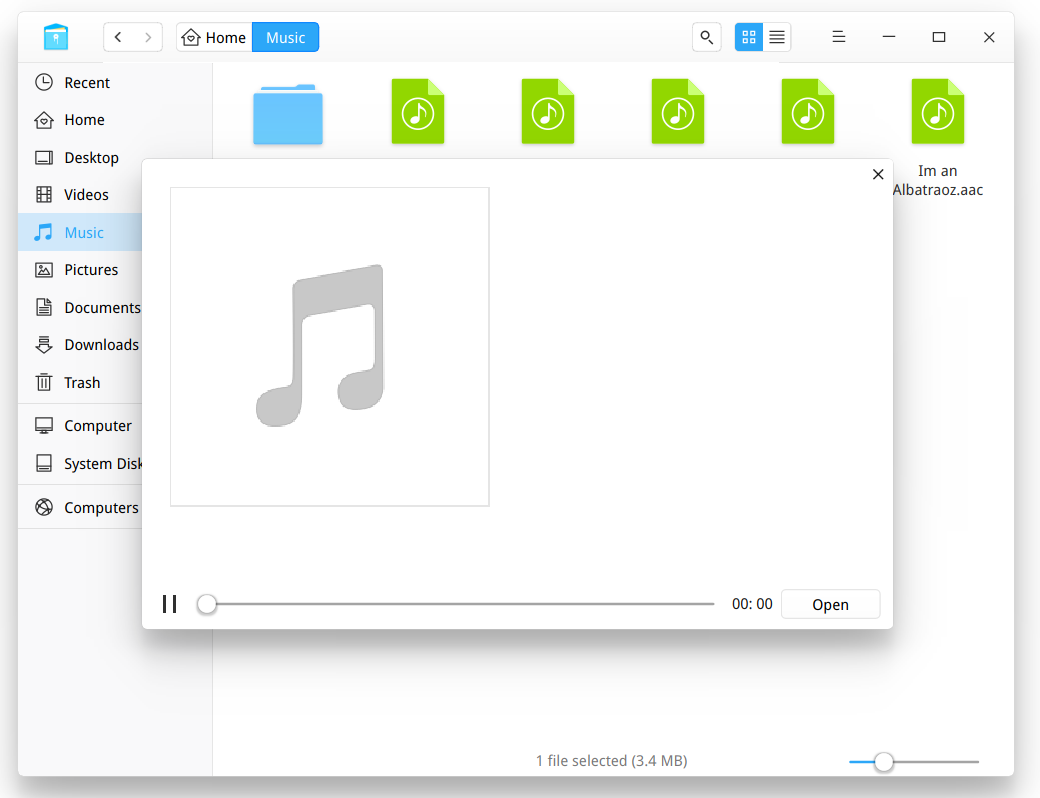

#Rootkit download webdav code#
It intercepts LNK shortcut files that contain the exploit, telling you which executable code it was attempting to run. PIF files will be reviewed for a later release.ġ.

Note: Current release of this tool protects only for LNK files.
#Rootkit download webdav free#
SOPHOS releases a free Windows Shortcut Exploit Protection Tool Please read Chester Wisniewski's Blog for more details, including a short video demonstating the vulnerability in action:
#Rootkit download webdav windows 7#
Note 2 (from Chester Wisniewski's Blog - see below): If you are not a Microsoft SharePoint customer this may be a solution, but many organizations rely on SharePoint so this is limiting as well.ĮDIT: This rootkit is particularly nasty as it infects all Windows versions since XP, and as you see here it bypasses all Windows 7 security mechanisms, including UAC, and doesn't require administrative privilege to run. For example, WebDAV shares will be inaccessible from the client computer. In addition, any services that explicitly depend on the Web Client service will not start, and an error message will be logged in the System log. Impact of workaround 2. When the WebClient service is disabled, Web Distributed Authoring and Versioning (WebDAV) requests are not transmitted. While it would certainly solve the problem, it would also cause mass confusion among many users and might not be worth the support calls. Note1 (from Chester Wisniewski's Blog - see below): this is highly impractical for most environments. When this workaround is implemented, shortcut files and Internet Explorer shortcuts will no longer have an icon displayed. Disabling icons from being displayed for shortcuts prevents the issue from being exploited on affected systems. but before you apply these "workarounds", give serious thoughts to the following adverse consequences: Perhaps, Microsoft will make an "automated fix-it" available shortly. They offer a two-phase (temporary) "work-around":ġ) Disable the displaying of icons for shortcutsĪt present, the first step requires editing one's registry (if you do, proceed with extreme caution). The vendor recommends disabling the displaying of icons for shortcuts (please see the Microsoft security advisory for details). NOTE: This is currently being actively exploited in the wild via infected USB drives. Exploitation may also be possible via network shares and WebDAV shares. tricked into inserting a removable media (when AutoPlay is enabled) or browse to the root folder of the removable media (when AutoPlay is disabled) using Windows Explorer or a similar file manager. Successful exploitation requires that a user is e.g. This can be exploited to automatically execute a program via a specially crafted shortcut. The vulnerability is caused due to an error in Windows Shell when parsing shortcuts (.lnk) as certain parameters are not properly validated when attempting to load the icon. lrk3, lrk4, lrk5, lrk6 (and variants) Ĭhkrootkit has been tested on: Linux 2.0.x, 2.2.x, 2.4.x and 2.6.x, FreeBSD 2.2.x, 3.x, 4.x and 5.x, OpenBSD 2.x and 3.x., NetBSD 1.6.x, Solaris 2.5.1, 2.6, 8.0 and 9.0, HP-UX 11, Tru64 and BSDI.Here's Secunia's take on the situation, copied/pasted from Ī vulnerability has been reported in Windows, which can be exploited by malicious people to compromise a user's system. The following rootkits, worms and LKMs are currently detected:Ġ1. � strings.c: quick and dirty strings replacement.Īliens asp bindshell lkm rexedcs sniffer w55808 wted scalper slapper z2 chkutmp amd basename biff chfn chsh cron date du dirname echo egrep env find fingerd gpm grep hdparm su ifconfig inetd inetdconf identd init killall ldsopreload login ls lsof mail mingetty netstat named passwd pidof pop2 pop3 ps pstree rpcinfo rlogind rshd slogin sendmail sshd syslogd tar tcpd tcpdump top telnetd timed traceroute vdir w write � chkdirs.c: checks for signs of LKM trojans. � chkproc.c: checks for signs of LKM trojans. � check_wtmpx.c: checks for wtmpx deletions.


� chklastlog.c: checks for lastlog deletions. � ifpromisc.c: checks if the interface is in promiscuous mode. � chkrootkit: shell script that checks system binaries for rootkit modification. Chkrootkit project is a tool to locally check for signs of a rootkit.


 0 kommentar(er)
0 kommentar(er)
